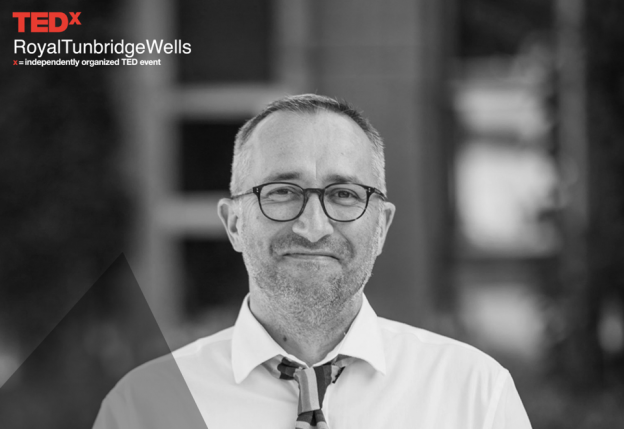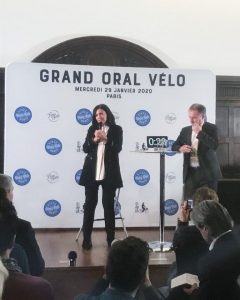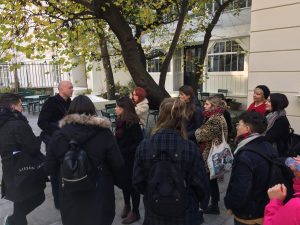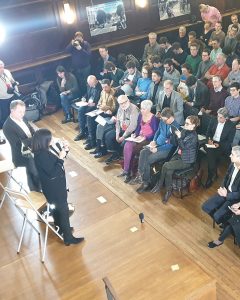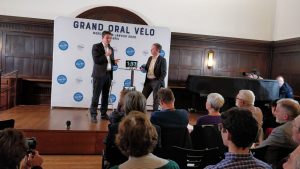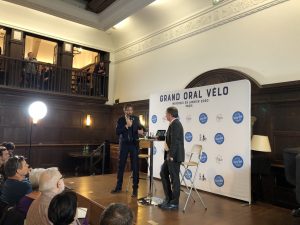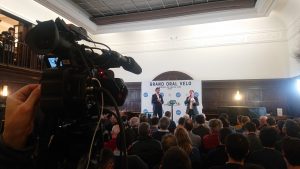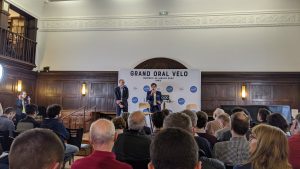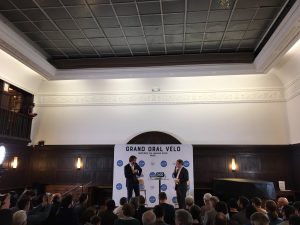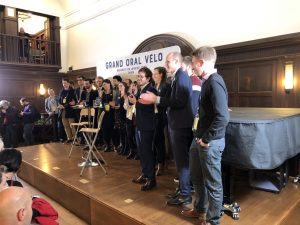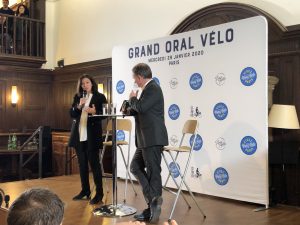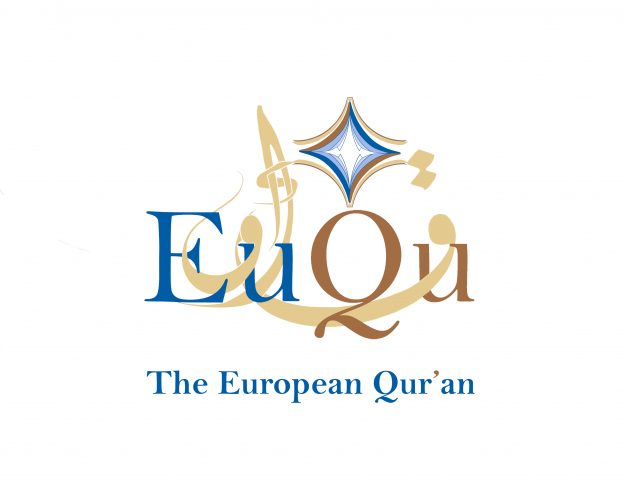The sixth TedxRoyalTunbridgeWells will be held at the Assembly Hall Theatre, where Kent’s Professor Cregan-Reid will be one of 12 thought-provoking speakers presenting to over 1,000 audience members.
With a talk entitled ‘How modern life is written all over your face’, Professor Cregan-Reid will discuss how individuals’ daily actions affect different body parts – from posture, to eyesight, as well as face and skull shape. He will specifically reference how modern life is driving shortsightedness, as well as being responsible for the fact that most humans’ teeth no longer fit in their head (requiring costly and painful dental work). Furthermore, he will explore how these changes have developed within our species over time, some even very recently.
Professor Cregan-Reid said: ‘I was thrilled to be invited to participate in this event and am really looking forward to talking to the TEDx audience about the history of their habits and how they affect their whole body, not just their physical and mental health. These talks are a great way to share ideas and get people to think differently and TED have a tremendous reach – they are the most public of public lectures. TEDxRoyalTunbridgeWells will be an inspiring and uplifting event, and the wider speaker programme is full of interesting talks that I am looking forward to watching on the day.’
Vybarr Cregan-Reid is author of Primate Change: How the world we made is remaking us (2018) and Footnotes: How Running Makes Us Human (2016). At the University of Kent’s Paris School, Professor Cregan-Reid teaches on the EN867 The Verbal and The Visual: Dialogues Between Literature, Film and Art module.
